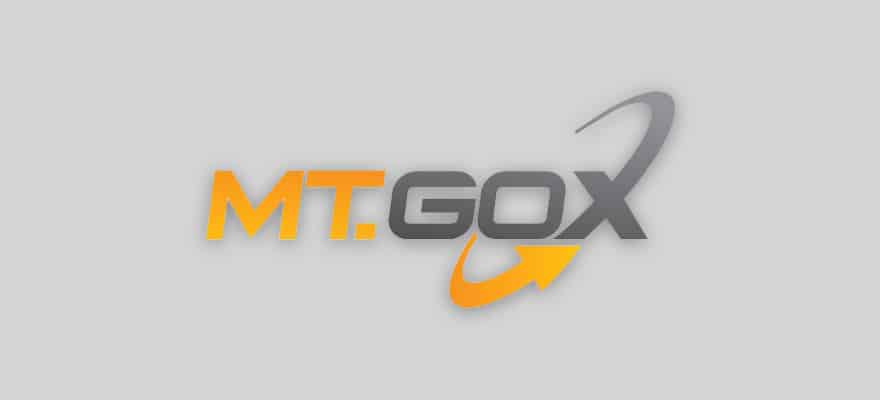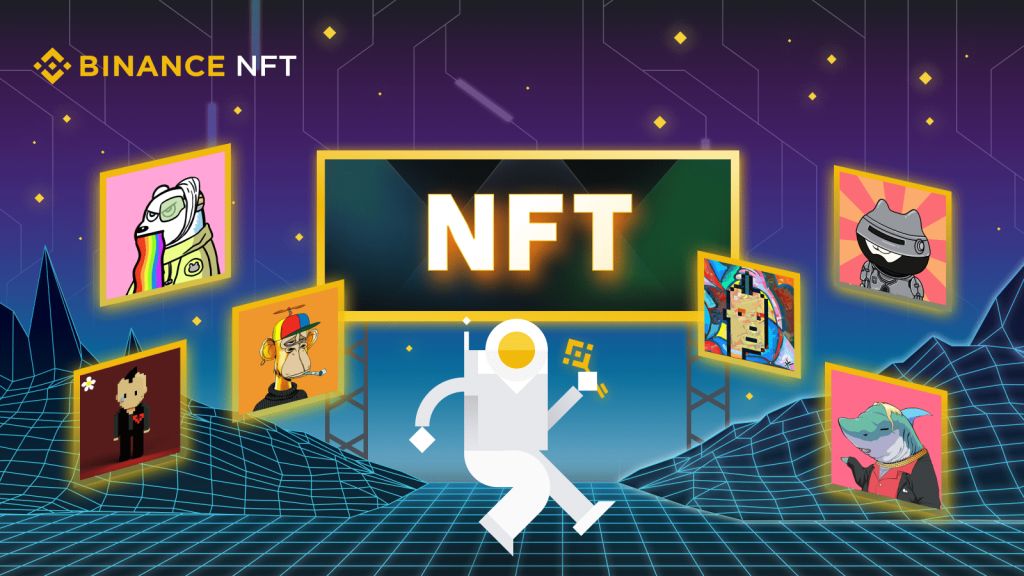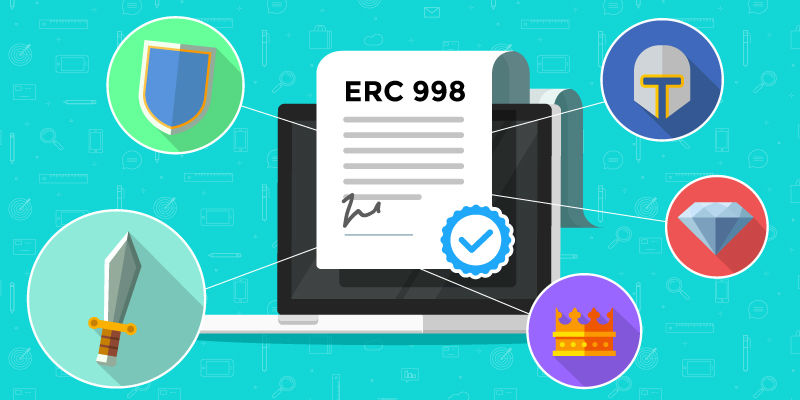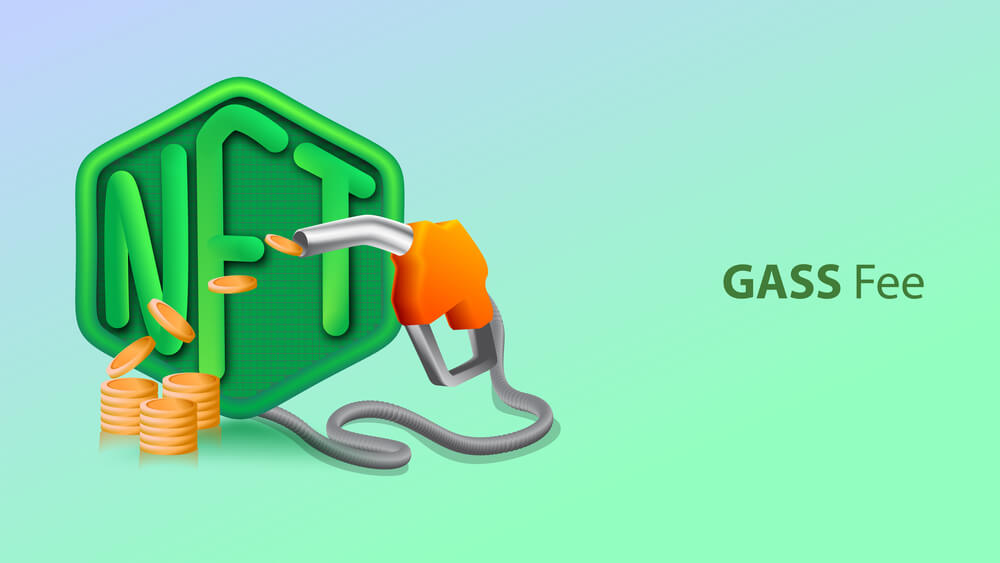Mark Karpeles, the former CEO of the now-defunct crypto exchange Mt.Gox, has announced that he will offer free commemorative non-fungible tokens (NFTs) to crypto users that were active Mt.Gox customers between 2010 and 2014.
In a March 29 blog post, the former Mt.Gox boss confirmed that crypto users that were active Mt.Gox customers between 2010 and 2014 can now register to claim a free non-fungible token (NFT). Mt.Gox went down in 2014 after a notorious hacker stole millions, the move that pushed the exchange to declare bankruptcy.
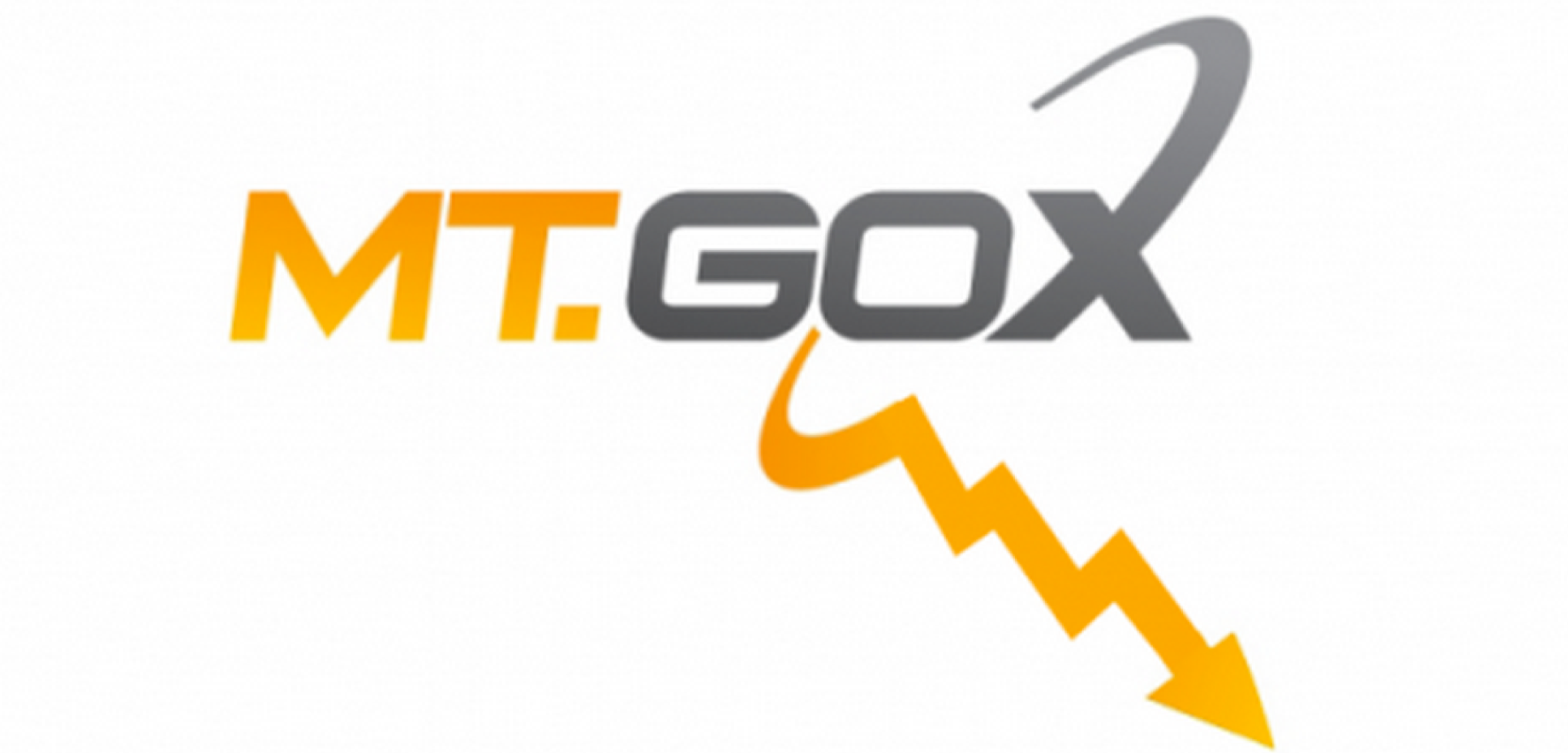
According to Karpeles, the offer extends to crypto users who had a balance or have claimed losses from the defunct crypto exchange:
“Mt.Gox customers are early adopters, some of them were on BitcoinTalk when Satoshi Nakamoto was still posting.”
“A new token or NFT airdrop is a great way to engage users and at the same time erase a bit of the loss incurred in Mt. Gox.”
The new program now requires Mt.Gox users to verify they were registered customers before February 25, 2014. This program will identify users according to Mt.Gox account numbers and their remaining balances in Bitcoin and Japanese Yen. Qualified users can claim their free NFTs on the Polygon blockchain:
“A hardcoded limit will prevent any NFT from being created outside the range of Mt. Gox accounts. This minting method will not have an owner-only limitation, but instead will require an externally signed token to be issued to users who have completed verification.”
Mt.Gox Users To Receive NFT compensation
Initially launched in 2010 by computer programmer Jed McCaleb but later purchased by Karpeles, crypto exchange Mt.Gox was one of the largest exchanges in the world. But unfortunately, notorious hackers breached the exchange security system and stole more than 850,000 Bitcoins worth $460 million and roughly $40 billion at the time of publication.
Furthermore, the raid collapsed the exchange and left thousands of crypto holders empty-handed. But interestingly, Nobuaki Kobayashi, the trustee for Mt.Gox, has worked relentlessly to compensate creditors of the fallen exchange for a few years now.
In November 2021, the board announced that a rehabilitation plan filed in the Tokyo District Court had become “final and binding.” Nonetheless, according to the commemorative website, the NFTs are “fully independent from the Mt.Got bankruptcy case and “100% self-funded.”
Although the recent announcement of NFTs is the only official one from the fallen Mt.Gox, some crypto users have differed from the controversy surrounding the exchange hack and bankruptcy since 2014.
Spells of Genesis, a blockchain-based game featuring trading cards, auctioned a photo of crypto trader Kolin Burges protesting outside Mt.Gox’s Tokyo headquarters in 2014, touting “where is our money.” The game issued more than 700 “Gox, the Fallen Mountainlord” cards in 2015.

Meanwhile, according to the commemorative NFT website, the recently launched NFTs could be modified to include more art and hinted other use cases:
“Owning an Mt. Gox NFT proves you’re OG. You were there in the early days of Bitcoin, and now you can prove it on the blockchain […] it is possible to leverage this in the future in ways that aren’t known yet.”

